-
Critic's Rating - 8/108/10
8/10
The inexplicable pain on the face of a child who’s faith is shattered is the most deeply piercing image from C/O Kancharapaalem. A couple of years after its release, the melancholic mysticism of the film still floats around, and calmly finds its abode in my mind, getting me to ruminate about yet another of the many layers of this story, that I had missed. If a piece of art possesses such profound ability to make you care for a story after several viewings, it is a proof of possibility of the highly improbable blend of great skill and pure heart.
The Gods of Kancharapaalem
The film opens with a shot of a temple through a window in Raju’s room. Raju, the middle-aged man, quite unpopular for remaining unmarried, walks through households to reach his government office, where he works as an attender. As he walks through the lanes of Kancharapaalem, he affectionately greets people and he says, to a lady frying fish, ” Matsyaavataaraniki Masala vestunnava ! “. Which translates to ” Frying the Fish Avatar of Vishnu in Masala “. With nuanced writing like this, Maha prepares you for the time when the film directly address bigger themes involving God and Faith.
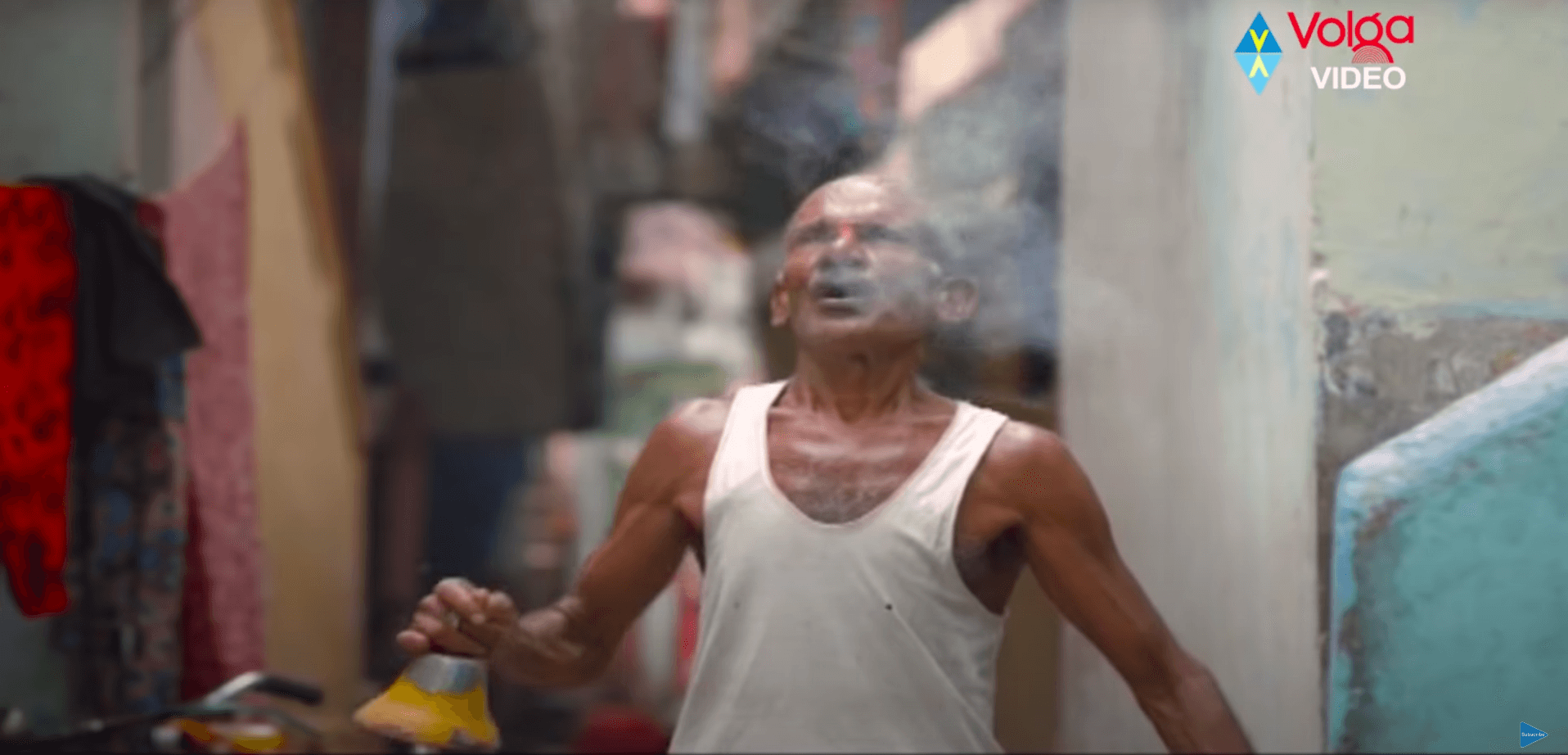
All the four stories, Raju, Sundaram, Geddam and Joseph, involve the concept of God, faith, Religion and ideology. It is about one man’s journey with God, Faith and Love and how the definitions and understanding of each of these concepts shift shapes as he goes through life.
Sundaram’s concept of God
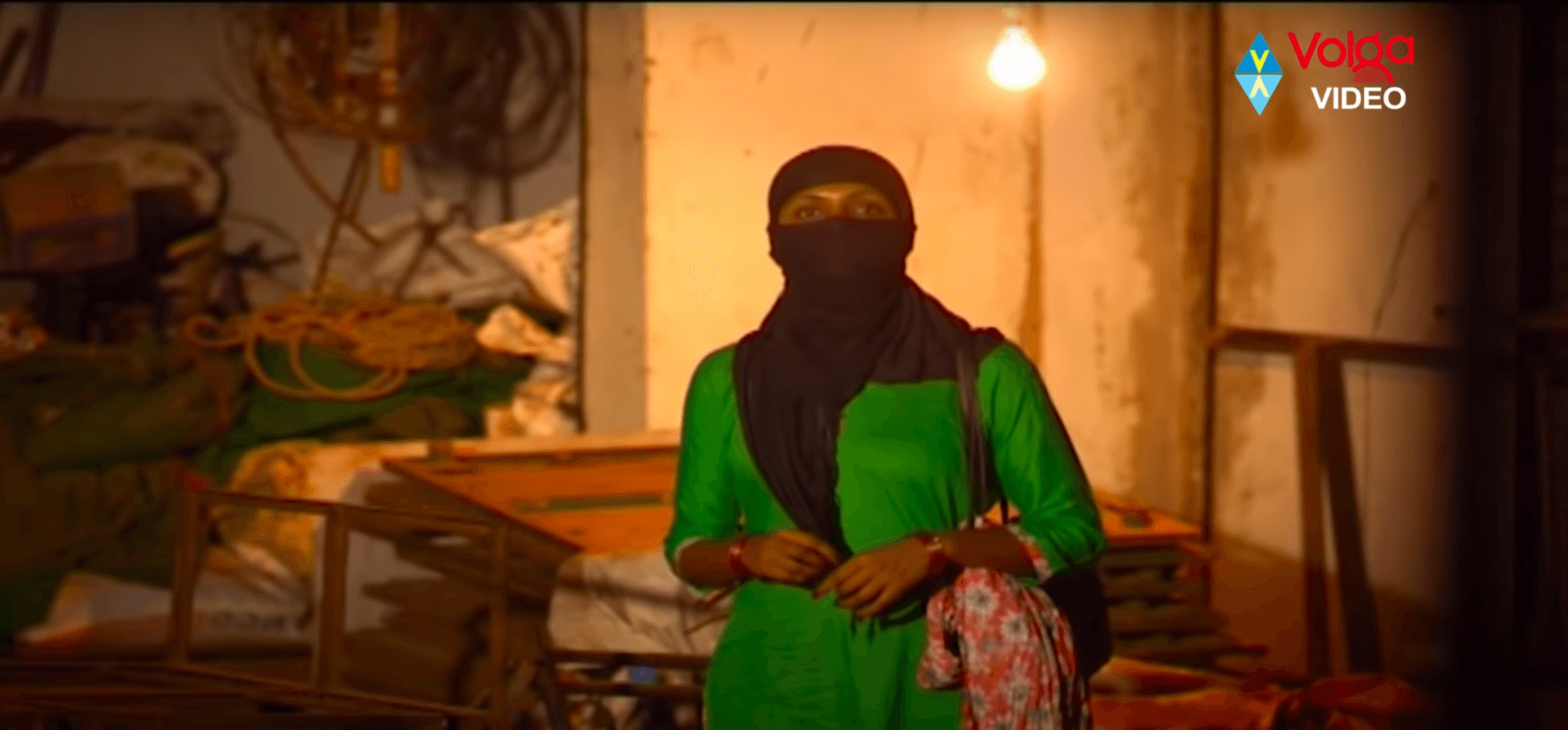
Sundaram makes a wish to Lord Ganesha about the girl he loves, loving him back. The girl does show affinity towards him and just when all seems hunky dory, Sundaram’s life shatters. Sundaram, runs back home to thank the Ganesha Idol when the girl starts warming up to him and he, naturally, holds the same God accountable when she’s taken away from him. In this story, man’s idea of God is a product of what he is fed by the people around him. The priest even says to him, ” Make a wish to God “. The writer is too sophisticated to be projecting an atheist’s point of view here. The writer makes a point about how man has been misinformed about God and his role in our lives. Sundaram acquires the idea of God from people around him. When the child takes a stone and throws it at the Idol, it is the innocence he captures, he captures how he is overcome by the idea of God meeting man’s ridiculous expectations. He captures a fascinating evolution of mind that is now transforming into the next stage.
Joseph’s concept of God
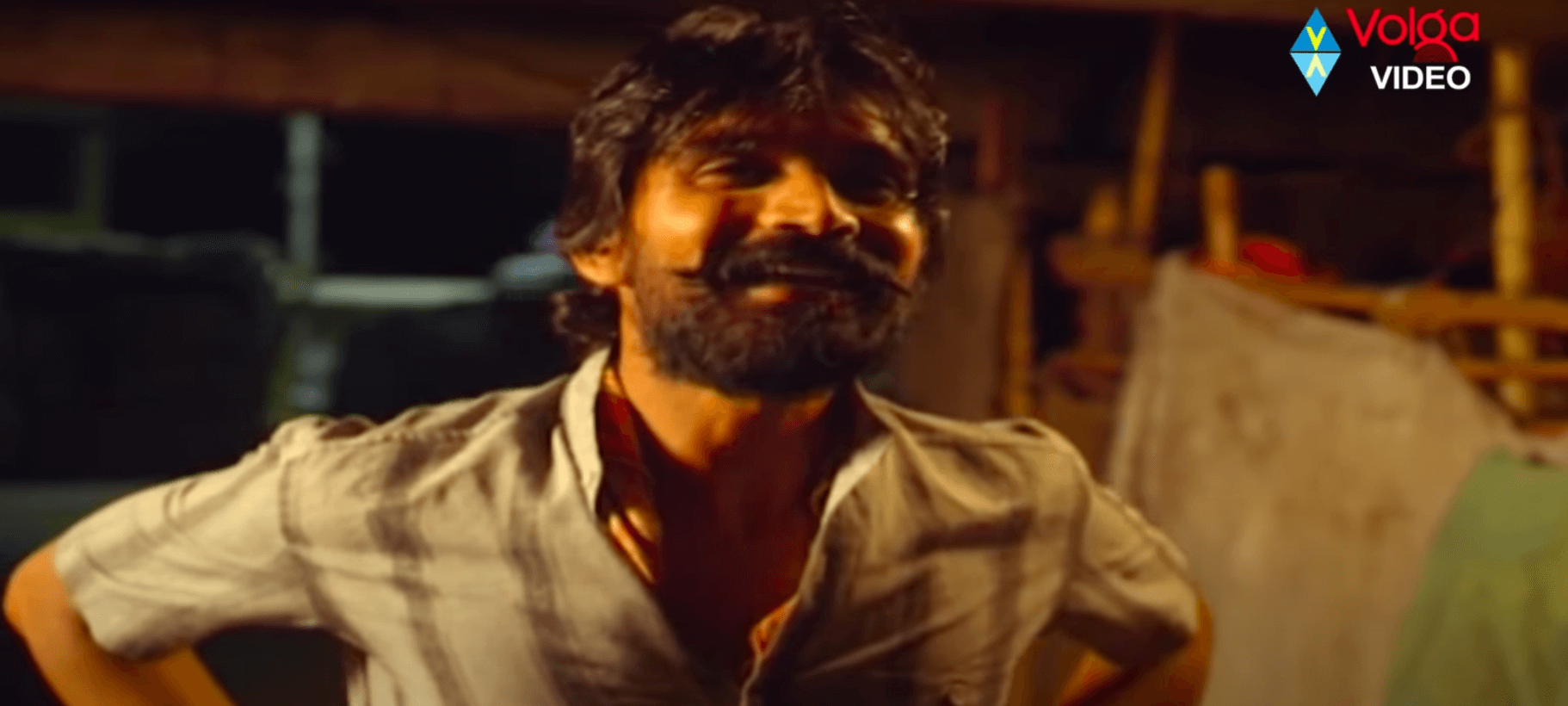
Faith finds him again and holds his hand, walks him into a different place of worship, to a different God and his hope rejuvenates as this time, the concept of God has given him a sense of belonging and a community to be a part of, faith provides abode to the Orphaned young man. He falls for a Brahmin girl and is eventually separated from her because of the difference in Religion, a religion that he converted into, with a sense of hope. The child lost his love despite God but here, he lost his Love, because of God, or religion which is just another by product of man’s idea of God. Yet again, Joseph suffers because he bought into man’s idea of God, of which, Religion is a major idea. Every time our protagonist suffers, on the surface it looks like he is denouncing God but he is, in fact, denouncing Man’s idea of God, what man thinks God is.
Geddam and God
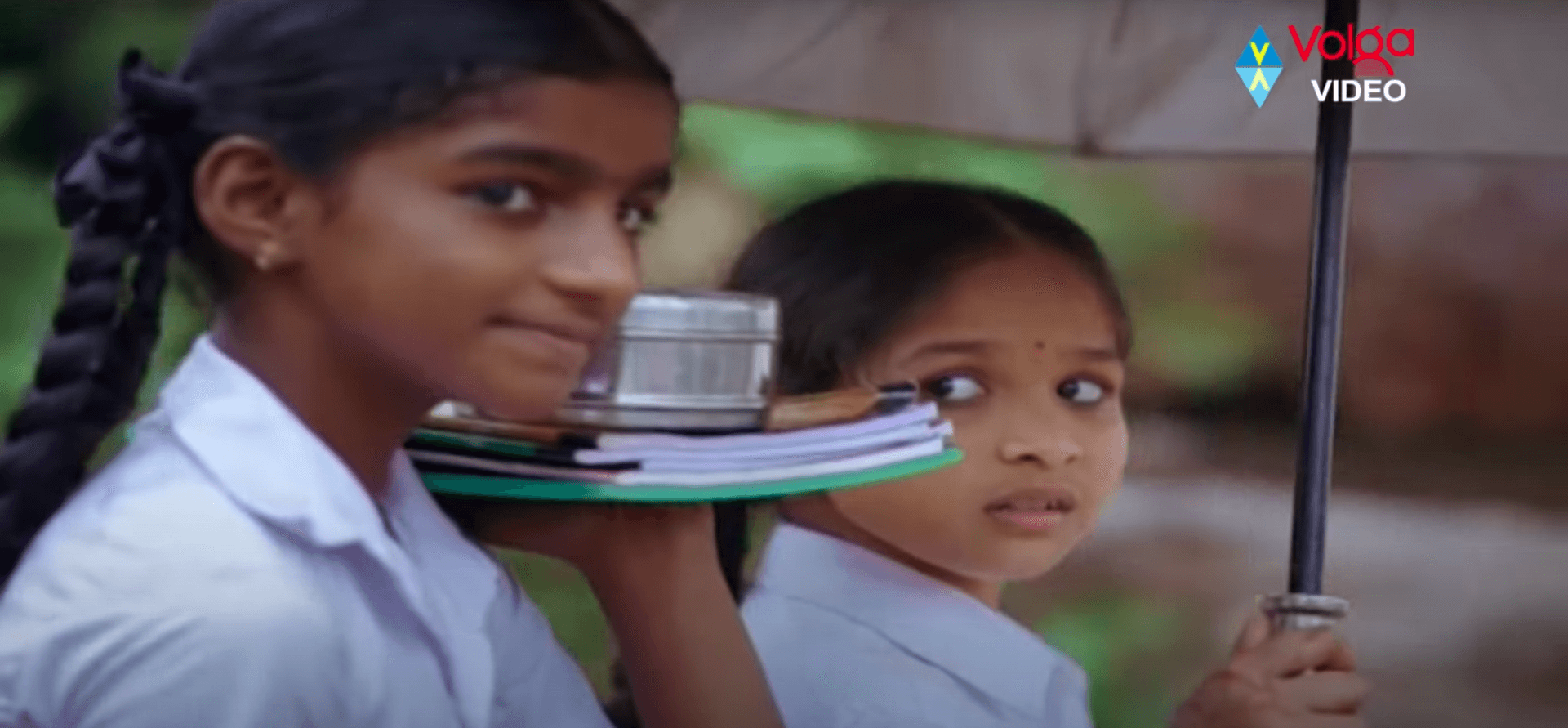
That child with broken faith, the young man with a broken heart, is now Geddam, a 30 something man who works in a wine shop and over a year, secretly loves a mystery woman whom he gives a bottle of alcohol to, every night. This woman is Saleema, a Muslim. She is a prostitute who drinks every night. The writing never adds a sad back story to her to justify her choices, just like Geddam, the writing doesn’t judge her or question her choices, it accepts them. One thing he does, however and one thing he is worried about is her safety and hands her a pack of Condom before and sends her off. Scenes like these make the writing of this film, unbelievably mature. He does not have a problem with her being a Muslim. When she asks him about his faith, he says ” I don’t deal with Gods “. One thing he likes about Saleema is that she lives her life on her rules and he is instantly attracted to this because, he says that it is exactly what he does, too. He lives his life on his rules. There is no God he looks up to. He decides how he lives, not a priest asking him to make a wish, or not a preacher asking him to convert and pray. At this stage, Geddam finds strength within himself.
Raju’s concept of God
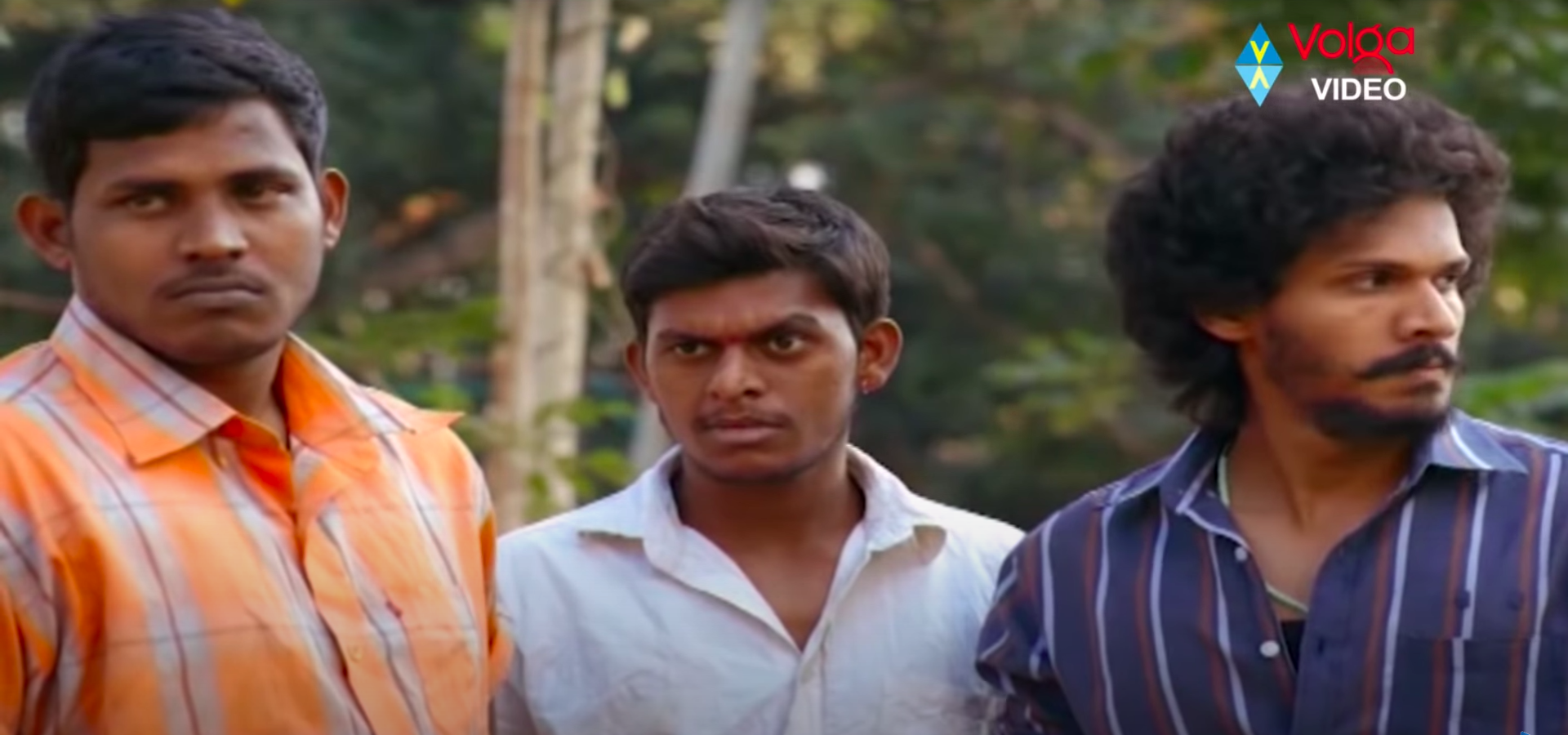
As Raju and his colleague share the offering from the temple, Raju talks about not believing in the conventional definition of God. He says ” I find God in people who lend a hand of help, when I need it. ” He mentions his barber friend loaning him money when he needed it or his landlord sparing him for a few days when the rent was due. It is among the people around him, Raju finds his God. Here, the character transforms from Geddam who found God in himself, at an age where he was still hopeful and dared to march to his own beat and believe in himself, to a much older man, who is now dependant on people around him, has now vested his belief, faith and gratitude in them.
You may also like: Choked (2020) Movie Review | Soars and Fades Away
This never-ending thrist between Man and God is only one of the many significant themes, this extraordinary film addresses. Just when you sit back and admire at an idea that you unraveled from the depths of this film, another one sprouts up and takes you on another enriching journey. Every such Journey has an aftertaste and that sweetness of enrichment lingers on.


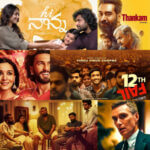





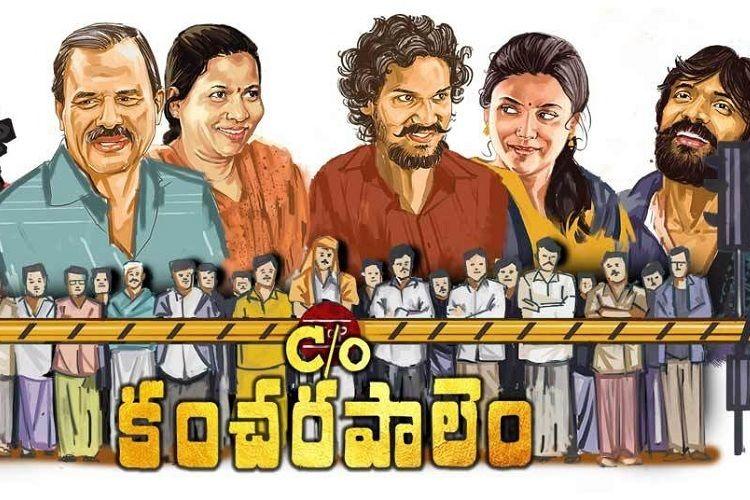






Add Comment